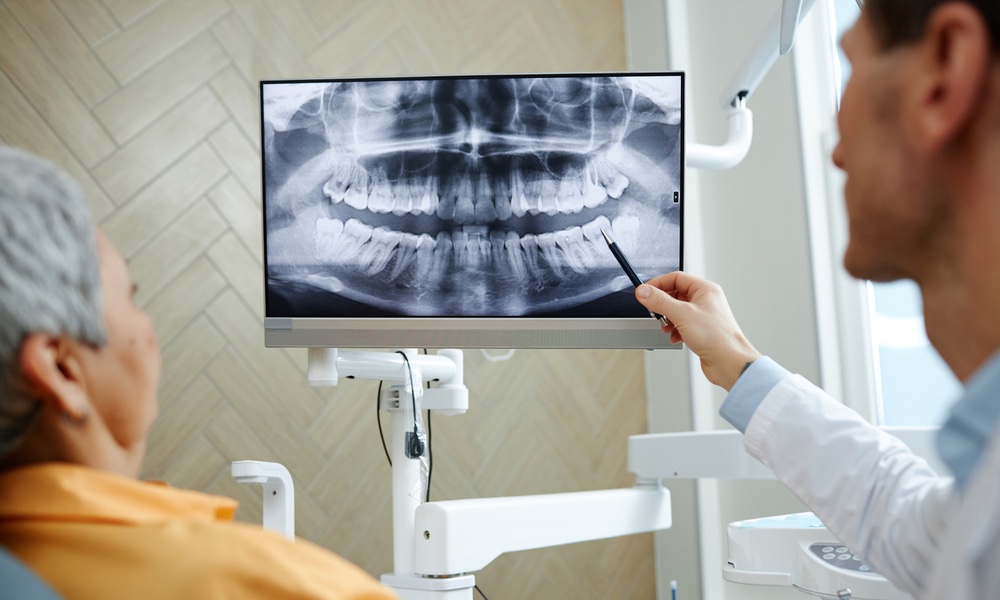If you need more reasons besides fewer cavities to maintain good oral health, consider this: Hundreds of bacterial species live in our mouths. While many of them are benign — even helpful — more than a dozen species have been linked to an increased risk of developing head and neck cancers, new research from New York University School of Medicine shows.
Using data from three ongoing projects that were tracking nearly 160,000 volunteers from around the country, the research team focused on finding potential risk factors for cancer.
Shortly after enrolling in the study, the participants rinsed with mouthwash. This provided the researchers with saliva samples that preserved the numbers and species of microbes for testing that were living in the volunteers' mouths.“Brushing your teeth and flossing may not only help prevent periodontal disease, but also may protect against head and neck cancer.”
The study showed that 13 bacterial species either raised or lowered the risk of head and neck cancer. This created a total increased risk of 30 percent. But some of the study's findings were even more dramatic. When the team combined these bacterial species with an additional five other bacterial species that are often seen in gum disease, the overall risk grew by 50 percent.
“Our findings offer new insight into the relationship between the oral microbiome and head and neck cancers,” lead researcher, Soyoung Kwak, a postdoctoral fellow with the NYU's Department of Population Health, said in a press release. “These bacteria may serve as biomarkers for experts to flag those at high risk.”
Although this is the largest and most detailed analysis of its kind to date, the researchers emphasized that their study was designed to identify correlations between risk of cancer and certain bacterin in the mouth, but not to establish a direct cause-and-effect association. That would require more research.
The research does point out the benefits of gum health. “Our results offer yet another reason to keep up good oral-hygiene habits,” said study co-senior author, Richard Hayes, DDS, MPH, PhD. “Brushing your teeth and flossing may not only help prevent periodontal disease, but also may protect against head and neck cancer,” added Hayes a professor in the Department of Population Health.
The study is published in JAMA Oncology.





